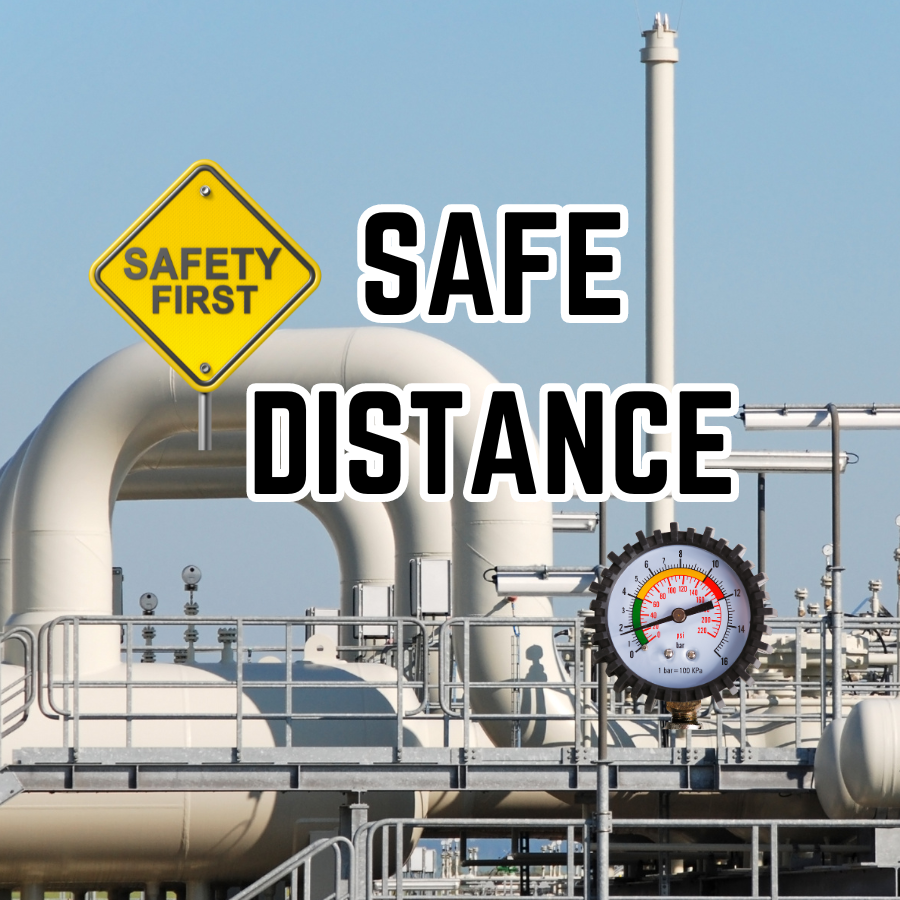What Does a Piping Stress Engineers Do?
Piping Stress Engineering Guide Book
A Piping Stress Engineer is essential in the design and analysis of piping systems, ensuring that these systems can handle operational stresses and forces. Piping systems are crucial to industries such as oil and gas, power generation, and chemical processing. The engineer’s role is to ensure the safety, reliability, and efficiency of these systems under various conditions.
Key Responsibilities of a Piping Stress Engineer
Stress Analysis of Piping Systems
The main task of a Piping Stress Engineer is to perform stress analysis on piping systems using specialized software like Caesar II, AutoPIPE, or Rohr2. This involves modeling the layout and simulating how forces—such as internal pressure, temperature changes, pipe weight, seismic activity, and wind loads—affect the piping. The engineer ensures these forces keep the system within allowable stress limits defined by standards.Material Selection and Specification
Selecting appropriate materials is critical for system durability. The Piping Stress Engineer chooses materials that suit the fluid being transported, operating temperature, and pressure conditions. This involves ensuring the chosen materials possess the necessary strength, flexibility, and corrosion resistance to withstand the stresses expected in operation.Design Review and Optimization
Engineers review designs to identify potential issues and optimize layouts, which might involve rerouting pipes, adding supports, or modifying designs to reduce stress concentrations. The goal is to minimize stress while maintaining cost-effectiveness and practicality in construction.Support Design and Analysis
Piping systems require supports to prevent sagging, vibration, and excessive movement. The engineer designs and analyzes these supports, including selecting appropriate support types like hangers, spring supports, or anchors, and determines optimal placement along the piping system.Compliance with Codes and Standards
Ensuring compliance with industry codes and standards is essential for safety and reliability. Standards, such as those from ASME and API, provide strict guidelines for allowable stress, material properties, and testing procedures, which engineers must adhere to.Dynamic Analysis
Besides static analysis, Piping Stress Engineers conduct dynamic analysis to evaluate transient events like water hammer, pressure surges, and seismic activity. This is essential to ensure the system can withstand sudden forces without catastrophic failure.Field Support and Troubleshooting
Engineers provide support during construction and installation, often troubleshooting field issues such as unexpected stress points, vibrations, or alignment problems. Their expertise ensures quick resolution, preventing delays and preserving the integrity of the system.Documentation and Reporting
Accurate documentation is crucial in a Piping Stress Engineer’s role. Engineers produce detailed reports that outline analysis, design decisions, and code compliance. These reports are valuable records for project tracking and are essential in addressing any future operational or maintenance issues.
Importance of Piping Stress Engineers
Piping Stress Engineers are vital to industrial safety and efficiency. Their work ensures that piping systems can withstand the demands placed on them without risking failure, which could lead to costly shutdowns, environmental hazards, or even loss of life. Through careful analysis and optimization, they protect both infrastructure and the people who rely on it.
Conclusion
The role of a Piping Stress Engineer is challenging yet essential. It demands a comprehensive understanding of engineering principles, materials science, and industry standards. By conducting thorough analysis and design, these engineers ensure that industrial piping systems remain safe, reliable, and capable of performing their functions under varied conditions. Whether in design or construction phases, a Piping Stress Engineer’s expertise is crucial to any project involving complex piping systems.






This blog is intended as a guide to determining the minimum safe spacing of plants and equipment in Oil Refineries, Petrochemical Complexes, and similar installations.
The spacing recommendations will apply in the absence of Clients' standards or supplement such standards where necessary. They are based on current industry practice.
The spacing recommendations aim to ensure that available plot areas are used economically without affecting personnel safety or plant vulnerability.